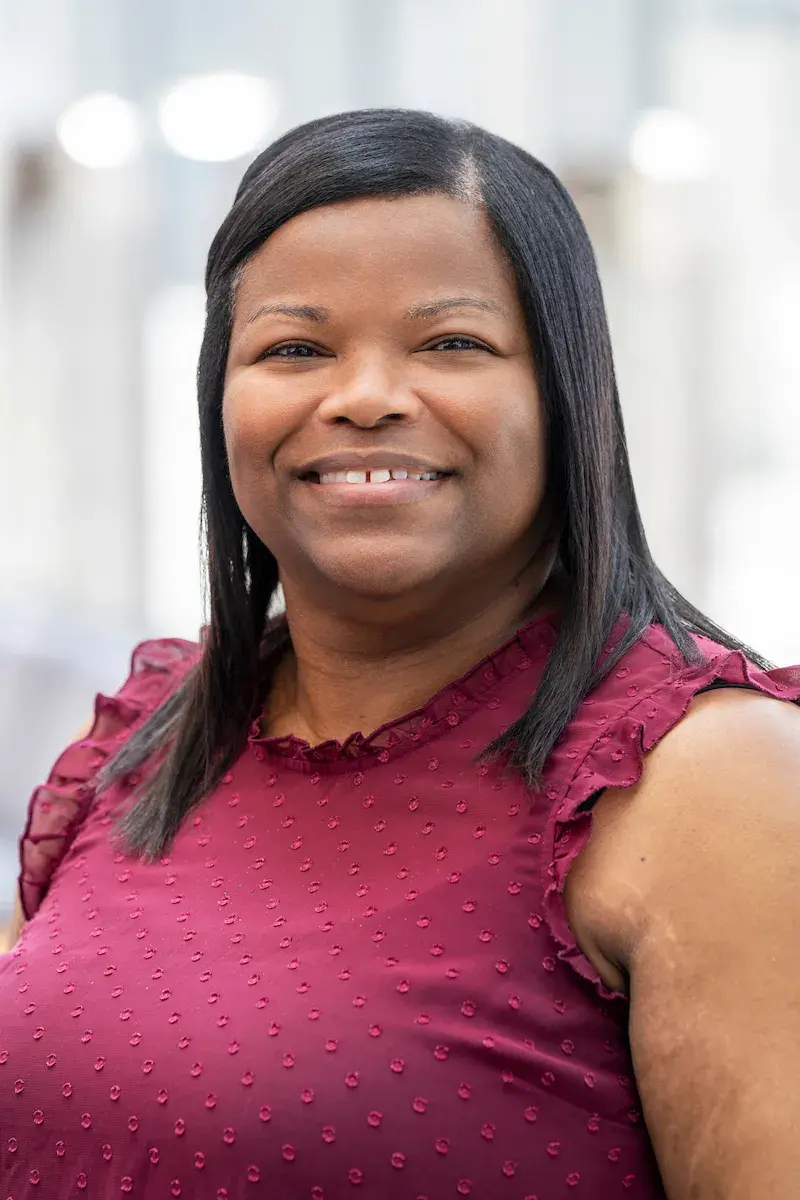- Pharmacy Practice
- Health Disparities
- Pediatrics
Trenika Mitchell, PharmD, BCPS
Associate Professor, Chief Student Success Officer
Dr. Mitchell's practice site is at the University of Kentucky Chandler Medical Center where she works as a pediatric clinical staff pharmacist in the Kentucky Children's Hospital Pharmacy. She co-coordinates and facilitates the Institutional Module in all six semesters of the Patient-centered Care Experience (PaCE) Lab and coordinates the Pharmaceutical Calculations portion of PaCE in the first year student Fall semester.
Expertise
Positions
- College Faculty
- Associate Dean of Student Success (Chief Student Success Officer)
Education
- Chairs Academy 1, University of Kentucky
- Humanity Academy, University of Kentucky
- PGY1 Pharmacy Practice Residency, UK Healthcare
- Doctor of Pharmacy, University of Mississippi
- Bachelor of Science, University of Mississippi
- Associate of Applied Sciences, Northeast Mississippi Community College

